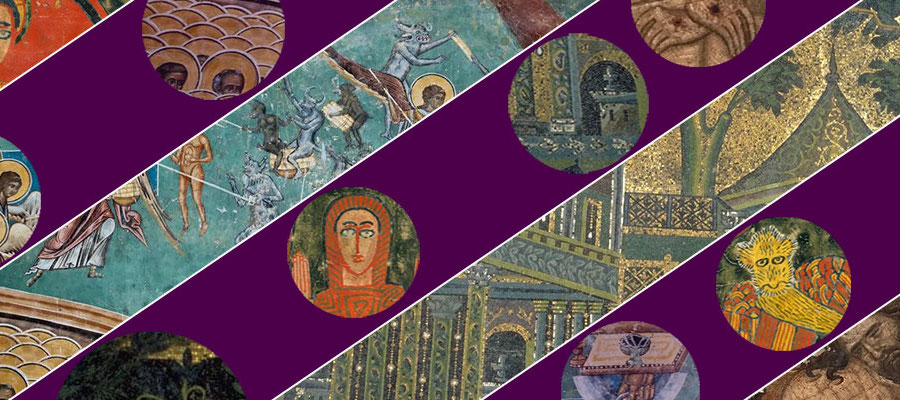The 94th Annual Meeting of the Medieval Academy of America will take place in Philadelphia on the campus of the University of Pennsylvania. The meeting is jointly hosted by the Medieval Academy of America, Bryn Mawr College, Delaware Valley Medieval Association, Haverford College, St. Joseph’s University, the University of Pennsylvania, and Villanova University.
This year’s meeting spotlights the “global turn” in medieval studies, treating the Middle Ages as a broad historical and cultural phenomenon that encompasses the full extent of Europe as well as the Middle East, southern and eastern Asia, Africa, and the Americas. The program will feature three plenary addresses:
- David Wallace, President of the Medieval Academy of America; Judith Rodin Professor of English, University of Pennsylvania: Medieval Studies in Troubled Times: the 1930s
- Nora Berend, Professor of European History, St. Catherine’s College, University of Cambridge: Interconnection and Separation: Medieval Perspectives on a Modern Problem
- Father Columba Stewart, OSB, D. Phil, Executive Director, Hill Museum and Manuscript Library; Professor of Theology, St. John’s School of Theology and Seminary: The Global Middle Ages: Manuscripts, Monasticism, and the Illusion of Frontiers
Seventy concurrent sessions will represent a range of threads, including “Expanding Geographies of the Middle Ages,” “Approaches to Historiography,” “Interfaith Encounters: Real and Imagined,” “Gender Matters,” “Intersections Across Disciplines and Borders,” Digitizing the Global Middle Ages,” “Transmission and Technologies of Knowledge,” and cover topics addressing the natural world, the arts, material culture, literary studies, legal traditions, race and ethnicity in the global Middle Ages, to name a few. Roundtables, hands-on workshops, and lightning talks will highlight concepts and practices in K-12 education, diversity and race in the medieval studies, pedagogy and research in global medieval contexts, and practices and ethics of digital scholarship.
Conference Website